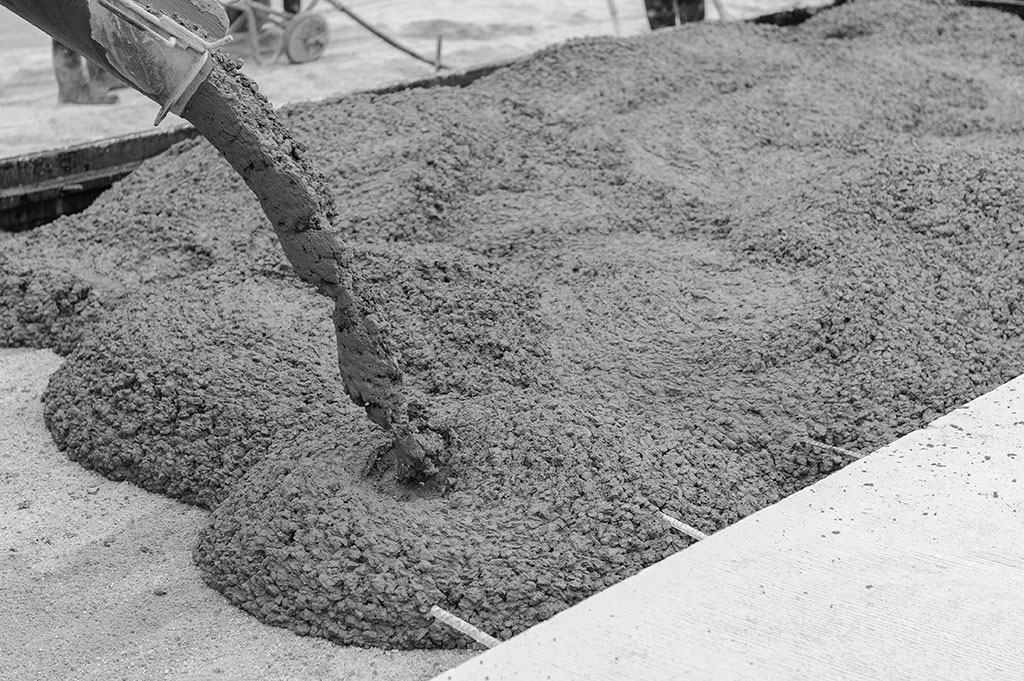High-grade Concrete Solutions: Resilient Solutions for Your Building And Construction Demands
Revealing the Eco-Friendly Advantages of Utilizing Recycled Concrete in Lasting Construction Practices
In the world of lasting building and construction techniques, the utilization of recycled concrete stands as an essential yet usually undervalued source. Beyond its traditional applications, recycled concrete offers a myriad of eco-friendly advantages that extend far past the boundaries of standard building and construction materials. From lowering environmental impact to enhancing cost-efficiency, the ramifications of integrating recycled concrete in sustainable structure techniques are considerable. This functional material not just addresses pushing ecological worries but also presents a feasible service to the challenges encountered by the building and construction market at big.
Ecological Advantages
By incorporating recycled concrete right into construction methods, there is a considerable reduction in the requirement for new raw products, leading to conservation of natural resources. Additionally, the use of recycled concrete diminishes the amount of waste being sent out to land fills, thus lowering environmental pollution and reducing the strain on landfill capabilities (Concrete).

In addition, the production of traditional concrete is a significant source of carbon exhausts because of the energy-intensive procedure of cement manufacturing. On the other hand, recycled concrete has a reduced carbon impact as it reduces the demand for new concrete manufacturing. This reduction in carbon emissions adds to mitigating environment modification and supports sustainable building methods. On the whole, the ecological advantages of utilizing recycled concrete are substantial and play a vital function in promoting environmentally friendly building and construction approaches.
Cost-Efficiency
Accomplishing cost-efficiency is a vital factor to consider when evaluating the usage of recycled concrete in building and construction tasks. One of the key benefits of making use of recycled concrete is its cost-effectiveness compared to conventional concrete. The production of recycled concrete involves less power and sources as it uses existing materials, reducing the general task costs significantly. Furthermore, the schedule of recycled concrete in your area can even more reduce transportation expenditures, making it a much more affordable selection for construction tasks.
In addition, the use of recycled concrete can lead to financial savings in land fill costs by drawing away concrete waste from disposal websites. This not only minimizes the environmental effect however additionally removes the prices related to waste removal. Additionally, the longevity and efficiency of recycled concrete approach standard concrete, ensuring that cost savings do not endanger the quality of the building and construction.
Sturdiness and Toughness
Recycled concrete offers similar, if not exceptional, toughness and stamina residential properties to standard concrete - Concrete. Through improvements in processing strategies and top quality control, recycled concrete can satisfy or exceed the performance requirements of conventional concrete.

Waste Reduction
When it comes to utilizing recycled concrete, waste decrease is an essential advantage that contributes substantially to ecological conservation. By incorporating recycled concrete right into building and construction tasks, this waste is repurposed and diverted from land fills, lowering the overall ecological effect of building and construction activities.
Additionally, the use of recycled concrete can lead to cost financial savings for building and construction tasks, as it is often more budget-friendly than sourcing and delivering new materials - Concrete. In final thought, waste decrease with the usage of recycled concrete is a crucial component of sustainable building and construction methods that benefits both the building and the atmosphere market as a whole.
Power Preservation
When it comes to making use of recycled concrete in building and construction, substantial power savings are achieved contrasted to standard concrete production. The procedure of creating recycled concrete involves squashing and reusing existing concrete materials, which takes in less power than mining, processing, and transporting raw products for new concrete production.
Final Thought
Finally, the application of recycled concrete in lasting building practices uses various ecological advantages, cost-efficiency, toughness, toughness, waste reduction, and energy preservation. By integrating recycled concrete into building and construction tasks, we can contribute to an extra ecologically friendly and lasting future. It is vital for the building sector to focus on the usage of recycled products to aid minimize the environmental effect of building and construction tasks.
One of the essential advantages of utilizing recycled concrete is its cost-effectiveness contrasted to typical concrete.Moreover, the usage of recycled concrete can lead to financial savings in landfill prices by drawing away concrete waste from disposal websites. The durability and efficiency of recycled concrete are comparable to conventional concrete, making sure that cost financial savings do not compromise the quality of the building.
